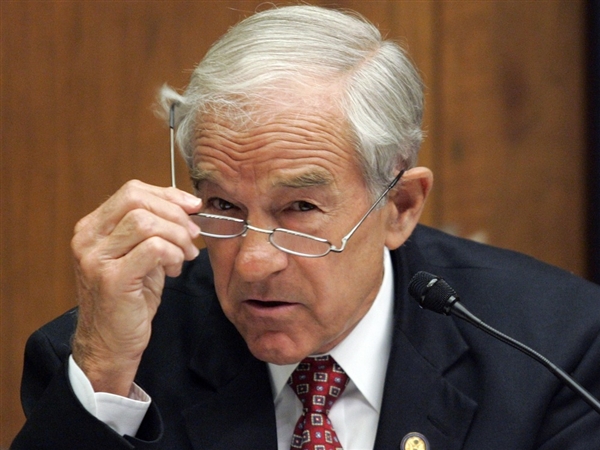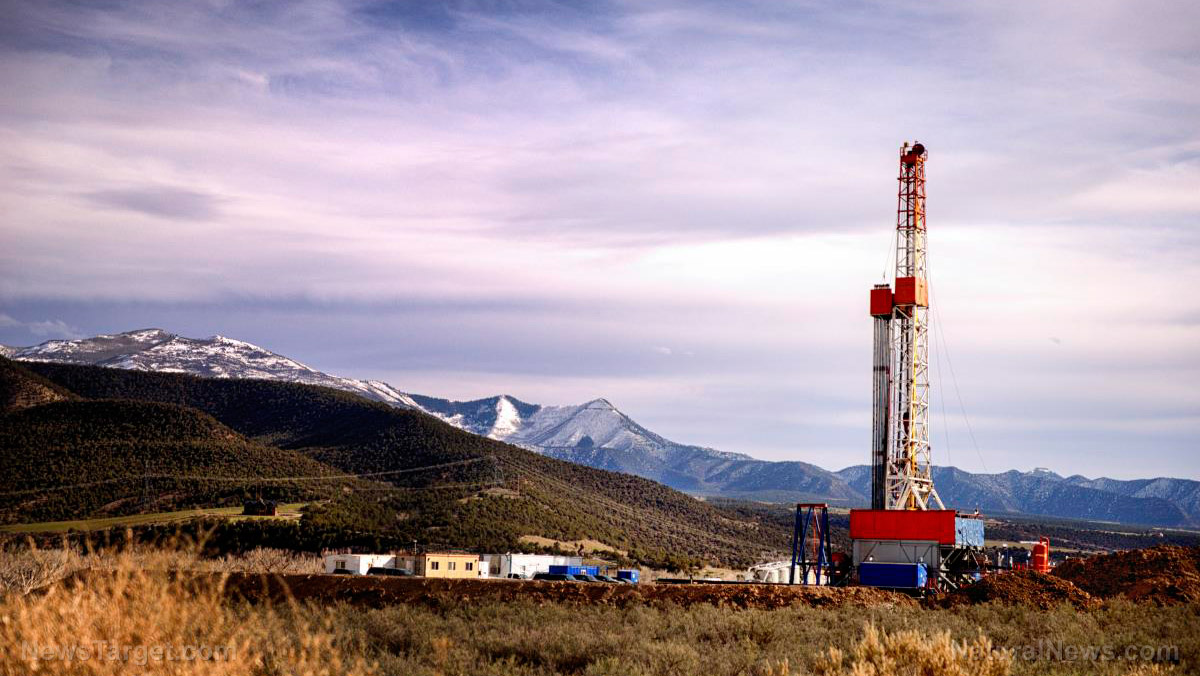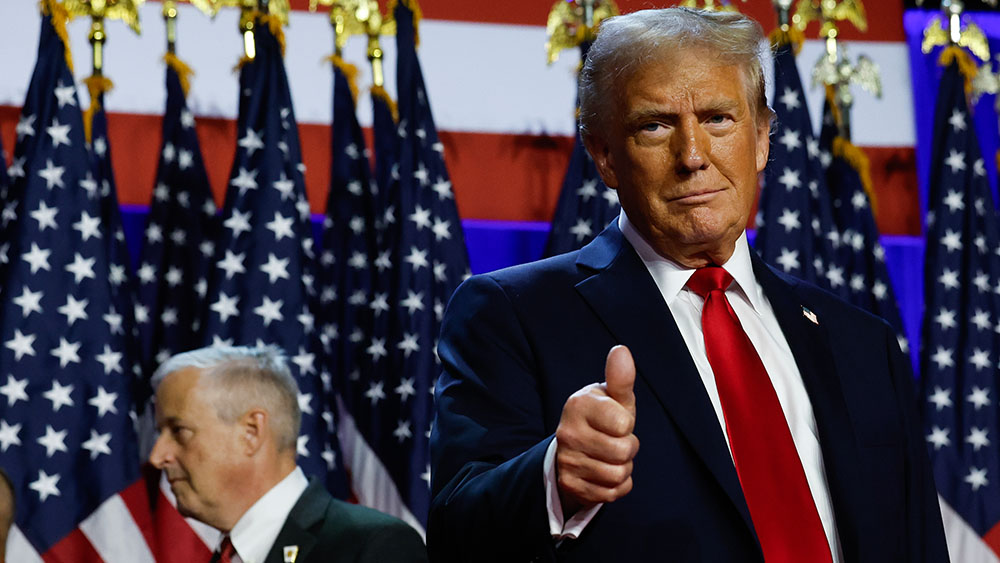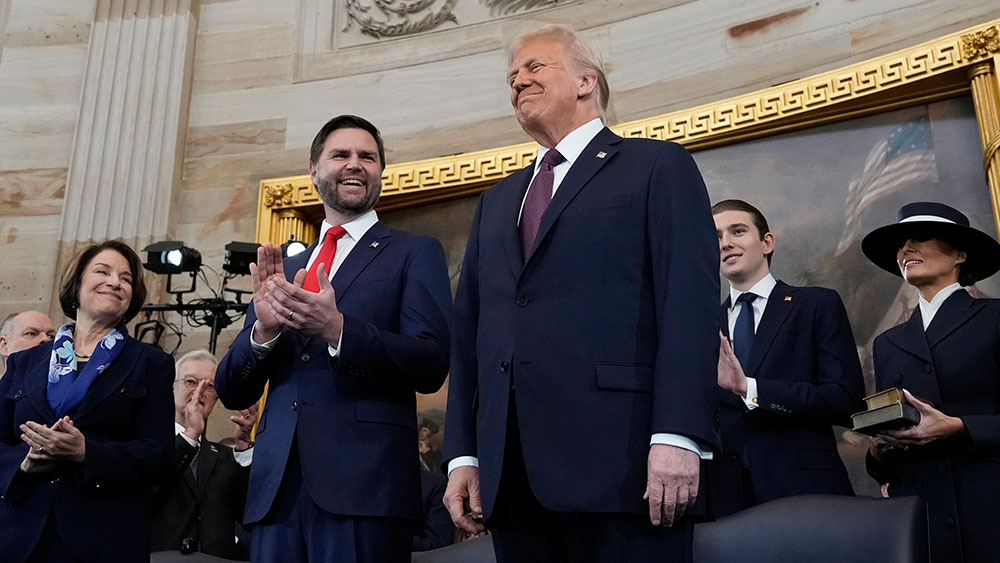 Parler
Parler Gab
Gab
- The EU's decision to cut ties with Russia for energy supplies has backfired, leading to higher gas prices (typically three to four times higher than in the U.S.) and eroding industrial competitiveness.
- Despite the EU's goal of completely abandoning Russian energy by 2027, it remains dependent on Russia for LNG imports, creating a paradox where leaders publicly denounce Russia while secretly purchasing its gas at inflated prices.
- Western sanctions on Russia have isolated the West instead, as Russia has strengthened ties with the Global South through organizations like BRICS and partnerships with China, Iran and North Korea.
- Some EU leaders, particularly from Germany, are quietly exploring the possibility of resuming normal energy trade with Russia to reduce energy costs and potentially serve as a bargaining chip in peace negotiations.
- The EU's energy dilemma reflects a broader crisis of leadership and strategy, with European leaders often following Washington's lead despite it being against their own interests, leading to disastrous decisions and a potential tipping point into self-destruction.
A self-inflicted crisis
The EU’s decision to cut ties with its largest and cheapest energy supplier—Russia—was hailed as a moral and strategic victory in the early days of the Ukraine conflict. Yet, as the dust settles, the consequences of this move are becoming impossible to ignore. European gas prices are now “typically three to four times higher than in the U.S.,” according to recent reports, and the continent’s industrial competitiveness is eroding at an alarming rate. Despite the EU’s lofty goal of completely abandoning Russian energy by 2027, the reality is far messier. Bloomberg reports that Russia remains one of the EU’s top gas providers, with 2024 seeing record imports of Russian LNG. This under-the-table reliance on Moscow’s energy has created a bizarre and unsustainable dynamic: European leaders publicly denounce Russia while quietly purchasing its gas at inflated prices. The irony is not lost on observers. “The EU has managed to make its energy supply more expensive,” notes Tarik Cyril Amar, a historian specializing in Eastern Europe, “but it has not actually weaned itself off Russian energy.” This half-hearted approach has left the bloc in a precarious position, caught between its moral posturing and its economic survival.The Global South’s silent rebuke
The EU’s energy missteps are part of a broader pattern of Western miscalculations. The West’s attempt to isolate Russia through sanctions and economic warfare has largely backfired. Far from being ostracized, Moscow has deepened its ties with the Global South, forging alliances through organizations like BRICS and strengthening partnerships with nations such as China, Iran and North Korea. Meanwhile, the West’s moral authority has been further eroded by its handling of the Israel-Palestine conflict. As Amar observes, “The West’s ongoing massive complicity in Israel’s genocidal ethnic-cleansing attack on the Palestinians shredded the last sorry remnants of the West’s Orwellian claim to global leadership based on ‘value’ and ‘rules’ superiority.” This loss of credibility has left the West increasingly isolated on the global stage. While Western leaders once believed they could rally the world against Russia, the reality is that most nations have refused to follow suit. Instead, it is the West that now appears out of step, clinging to a fading vision of global dominance.A glimmer of sanity
Amid this bleak landscape, there are faint signs that some European leaders are beginning to reconsider their approach. According to the Financial Times, voices within the EU—including those from heavyweight countries like Germany—are quietly exploring the possibility of resuming normal energy trade with Russia. This shift represents a significant departure from the bloc’s previous hardline stance. Advocates argue that reopening pipelines could not only reduce energy costs but also serve as a bargaining chip in peace negotiations with Moscow. “There is pressure from some big member states on energy prices,” one official told the FT, “and this is one way to bring those down, of course.” However, the idea has sparked fierce resistance from Ukraine’s staunchest allies in the EU. “It’s madness,” one official exclaimed. “How stupid could we be to even think about that as an option?” Yet, as Europe’s economic woes deepen, the allure of cheaper energy may prove too strong to resist.A path forward
The EU’s energy dilemma is emblematic of a larger crisis of leadership and strategy. For years, European leaders have followed Washington’s lead, even when it meant acting against their own interests. The result has been a series of disastrous decisions, from the proxy war in Ukraine to the self-sabotaging sanctions on Russian energy. As Amar aptly puts it, “Relentless obedience to Washington has always been self-damaging, but now a reckoning is at hand with accumulating self-harm reaching a tipping point into self-destruction.” The question now is whether the EU can muster the courage to chart a new course. A return to Russian energy would not only alleviate economic pressures but also signal a long-overdue shift toward a more pragmatic and independent foreign policy. Yet, as history has shown, such transformations are rarely easy. For now, the whispers of change remain just that—whispers. But in a world where “all that is solid melts into air,” as Marx and Engels once observed, even the most entrenched policies are not immune to the forces of upheaval. Whether the EU will seize this moment of reckoning remains to be seen. One thing is certain: As Europe teeters on the brink of economic and geopolitical collapse, the choices it makes in the coming months will shape its destiny for decades to come. Sources include: RT.com Bloomberg.com FT.comRon Paul: Audit USAID… then shut it down!
By News Editors // Share
Trump’s using a clever trick to break the Deep State’s massive ‘command and control’ system…
By News Editors // Share
This time the swamp gets swamped
By News Editors // Share
Trump’s alleged ceasefire plan aims to end Ukraine conflict by Easter
By Cassie B. // Share
Clogged arteries? Five ways garlic can help
By News Editors // Share
Governments continue to obscure COVID-19 vaccine data amid rising concerns over excess deaths
By patricklewis // Share
Tech giant Microsoft backs EXTINCTION with its support of carbon capture programs
By ramontomeydw // Share
Germany to resume arms exports to Israel despite repeated ceasefire violations
By isabelle // Share










